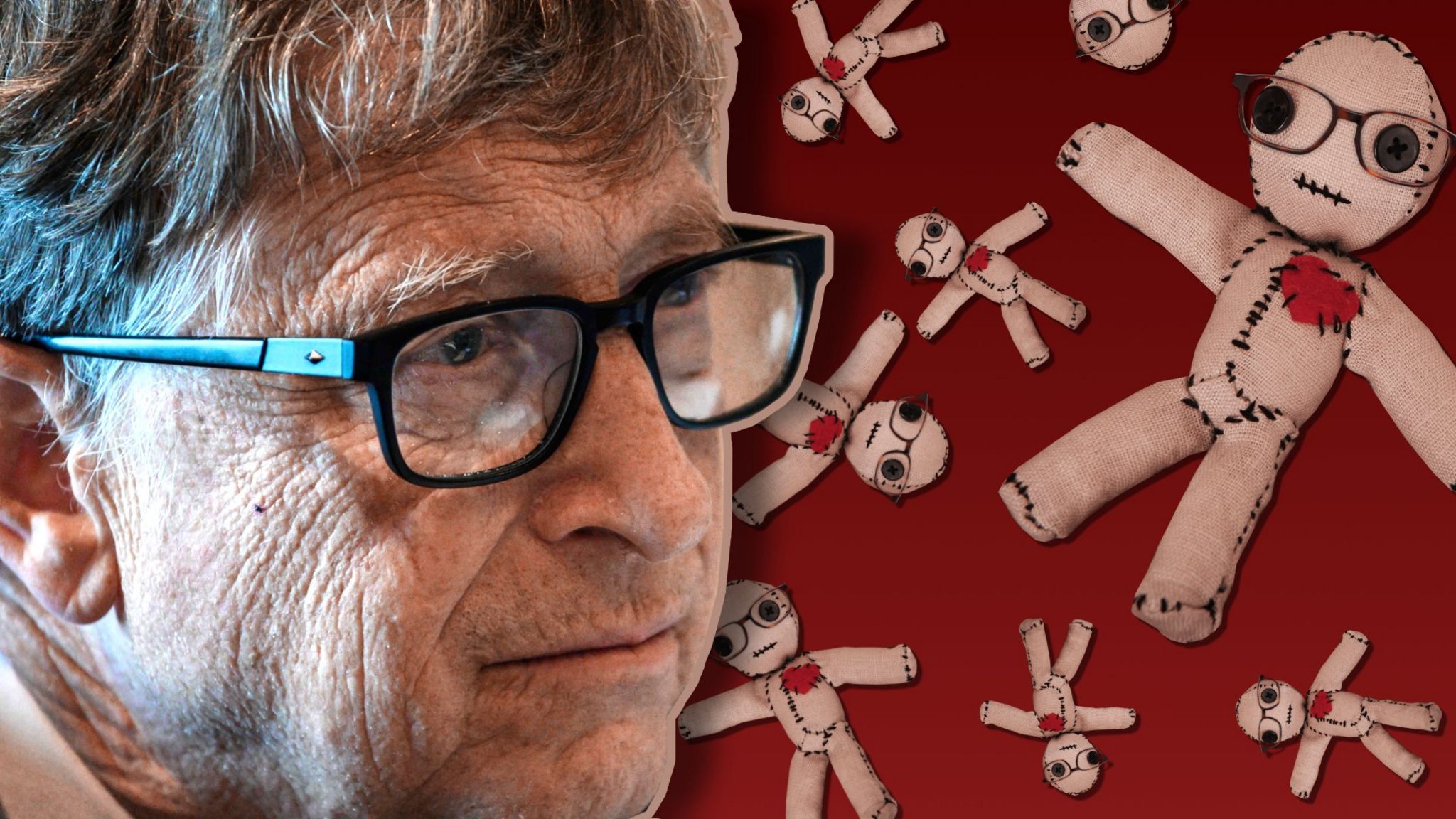

His first couple of jobs were programming in Java.

He went to work in industry right after graduating. With two degrees from MIT in tow and five grand in the bank, Theobald left MIT much better than he entered it. He was fortunate to be a recipient of the be a recipient of a Hertz Fellowship Award and National Science Foundation Graduate Fellowship, which supported him financially and funded his research through his Master’s program. His academic prowess would continue to pay dividends. Theobald cried, for it was a “life-changing amount of money” for him at the time. At the end of his Bachelor’s, he earned the Henry Ford II Scholar award, which recognizes “the student who achieved the highest academic standing in the School of Engineering and has exceptional potential for leadership in engineering and the world.” With the encouragement and advising of Rohan Abeyaratne, a widely-respected and highly accomplished professor in MIT’s Mechanical Engineering department, Theobald was able to complete both his Bachelor’s and Master’s degrees at the school, earning a perfect 5.0/5.0 GPA for each degree. Being at MIT, he was in the right place to pursue his passion for robotics and entrepreneurship. Theobald had been dreaming of a world where robots helped humans do their jobs even better than before. In Theobald’s letter, he wrote to name the company one specific word. His then-English teacher had him write a letter to his future self. He had even chosen the name of his company years in advance as part of a writing assignment in high school. He had entered MIT with the hopes of founding a robotics company to make the world a better place. “My parents even wondered if I was still alive after a semester,” Theobald jokes.įortunately, his pursuit of technology staved off the feelings of loneliness and gave him purpose. Money was tight, so he could not afford to go home to see his family, let alone call them often. Being lonely at the Institute didn’t help either. To Theobald, the difference between Boston and San Jose was night and day. MIT was the only school Theobald applied to.Īt MIT, he experienced a severe culture shock. “ He said it was the best engineering school in the world ,” Theobald said, “but he bet I couldn’t get in.” Theobald’s dad, on the other hand, gently encouraged him to apply. He wasn’t sure at first whether he would even go to college until his childhood friend, Tony Costa, mentioned MIT. His enthusiasm for computing and electronics drove him to apply to MIT. Here, he is listening to a lecture from famed physicist Edward Teller. “My meeting with him was a formative experience for me in that it made me think deeply about the impact engineers and scientists can have on the world, and how we need to take responsibility to ensure what we do makes the world a better place.”Ī young Theobald representing California at the Lawrence Livermore National Lab Super Computing. Their following discussion left a lasting impact on Theobald. While he was there, he had the chance to speak with Teller. He was only sixteen when he went to the Lawrence Livermore National Lab’s Super Computer Program as a representative of the State of California. Yet his passion for engineering was grounded in a strong sense of ethics after meeting Edward Teller, the father of the hydrogen bomb. He became President of the Independence High School Computer Club, successfully recruiting his peers with a passion for technology and the future. In high school, Theobald wanted to bring others together around a shared love of computing and electronics. He even built and programmed a homemade Apple II+. Those obsolete components found new use in Theobald’s robotics and electronics projects. He spent his childhood digging in dumpsters scattered around the Valley for spare parts. Theobald grew up in Silicon Valley, the region most commonly known for ‘disrupting’ our banal lives with novel technologies. “There is no better way to kill an economy than to cripple its ability to be competitive in world markets," says the CIO. He believes that automation will allow us to take advantage of the “ prosperity chain”: Prosperity Creates Jobs, and that Technology Creates Prosperity. The company’s motto: “Better Technology, Better World.” technology solutions company focused on education, business government, healthcare, material handling, and other sectors of the economy, believes that robots will be an ultimate boon to humanity. The co-founder and Chief Innovation Officer of Vecna, the Cambridge, Mass.


 0 kommentar(er)
0 kommentar(er)
